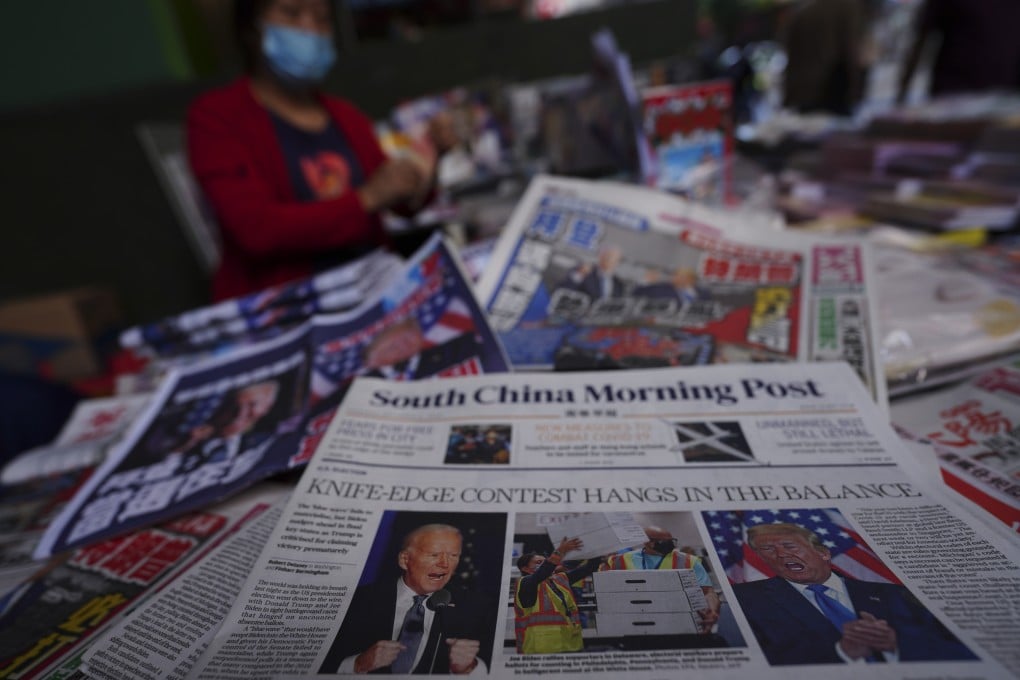My Take | A fake news law is not the answer to misinformation
- Rather than passing legislation that will likely curb the media’s ability to do its job, the government should embrace and support the profession

The image of Donald Trump thrusting a finger accusingly at the camera and uttering the words “fake news” is one of the abiding images of his presidency. It is one I would rather forget.
His use of the “fake news” mantra to brush aside any media report he didn’t like, no matter how credible, has proved popular with leaders around the world who wish to discredit the work of troublesome journalists. This has helped fuel distrust of the media. That, of course, was their intention.
More worrying, however, has been the use of “fake news” as a justification for sweeping laws that suppress media reports or stifle dissenting views. Such laws have been passed in other parts of Southeast Asia. Now, it seems, it is Hong Kong’s turn.
Last week Chief Executive Carrie Lam Cheng Yuet-ngor revealed laws she wants to see passed. Among them is legislation she said is needed to tackle issues arising from the city’s civil unrest in 2019, including “disseminating fake news.”
Digital channels at that time were awash with misinformation and lies. Supporters of both political camps used these tactics as they battled to control the narrative. They doctored videos, made false allegations and spread wild rumours. But I would not dignify any of this with the word “news.’
The spread of misinformation on social media is a global problem, whether it involves orchestrated attempts to swing elections, state-sanctioned cyberbullying of government critics, or bogus advice on how to guard against Covid-19. Different strategies are being considered and adopted.
